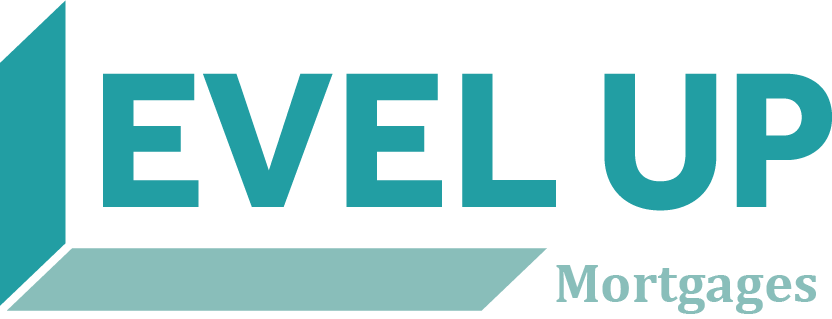A Quick Guide to Buying a Property in Toronto If You're a Non-Resident
Many people are interested in buying property in Toronto, but they may need to learn how to go about it.
A non-resident (for tax purposes) is someone who isn't a Canadian citizen nor a permanent resident of the country, as defined in the Immigration and Refugee Protection Act. A non-resident of Canada is subject to Canadian tax on income from Canadian sources. If you aren't a resident of Canada, you are considered a non-resident for tax purposes.
If you are considered a non-resident of Canada but are interested in purchasing property there, this guide will guide you through the basics of what you need to do:
What Non-Residents of Canada Need to Do Before Looking for a Property to Buy in Canada
Get the Help of Professionals
It's essential to seek professional help when buying property in Canada. This can include real estate agents, mortgage brokers, and investment consultants. These professionals can help guide you through the process and ensure your needs and goals are met. They can also provide information and advice about taxation, financing, insurance, home inspection, and buying and selling property.
Learn More about Taxes
When you purchase or sell a property in Toronto as a non-citizen, you are subject to a 15% foreign buyers tax, called the Non-Resident Speculation Tax (NRST). However, there are some exceptions and rebates that you may be eligible for. For example, if you are a Canadian citizen purchasing the property with a non-citizen, you may be exempt from the tax. Another tax to be aware of is the Land Transfer Tax (LTT), which applies to foreign buyers and Canadian residents. You may get a rebate on this tax if you’re a first-time homebuyer, and the property will be your primary residence. Other taxes that you may have to pay include property and income taxes. If you sell the property as a non-resident, you will be subject to a 25% non-resident withholding tax, calculated as a percentage of the sale price. Some forms need to be filled out, procedures must be followed when you sell a property as a non-resident, and there may be penalties for not complying with the requirements. You can find more information on our past blog post on the Foreign Buyer Taxes across different provinces.
Understand How Financing Works
Toronto's housing market is very dynamic, with prices and sales regularly rising, stabilizing, or falling. Part of being prepared to handle these fluctuations is to have your funds in a Canadian bank, ready to be used. Keep in mind that exchange rates often fluctuate, too, and transferring money into Canada from a foreign country can be complex and delayed. Since housing market conditions can change quickly, such delays could ruin your plans. When making your offer to purchase a home in Toronto, you will usually have to provide a deposit, which is typically 5%-10% of the purchase price. This must be done within 24 hours as a bank draft, money order, or certified check in Canadian dollars from a Canadian bank. Therefore, it is a good idea to meet with a Canadian bank manager or visit a bank in person to open an account. As a foreigner, you will be asked for proper identification and required to go to the institution in person.
Bottom Line
If you're a non-resident looking to purchase property in Toronto, it's important to know the different rules and regulations that apply when getting mortgages in Canada.
The process can be a bit more complex than if you're a resident, but with the help of a qualified real estate professional, it can be done.
Be sure to do your research and understand all the implications of purchasing property in another country before you make any decisions. A trusted mortgage broker in Canada can help you with that.
Level Up Mortgages is a mortgage broker team focused on helping the self-employed, new immigrants, non-residents, and investors, access best rate and alternative lending in Canada. We have been nominated for best up-and-coming broker in Canada in 2021 and have been on CTV News and various publications because of our education-first approach to helping you always stay a step ahead of the process. Reach out to us for access to our first-time buyer course or a mortgage strategy session.
